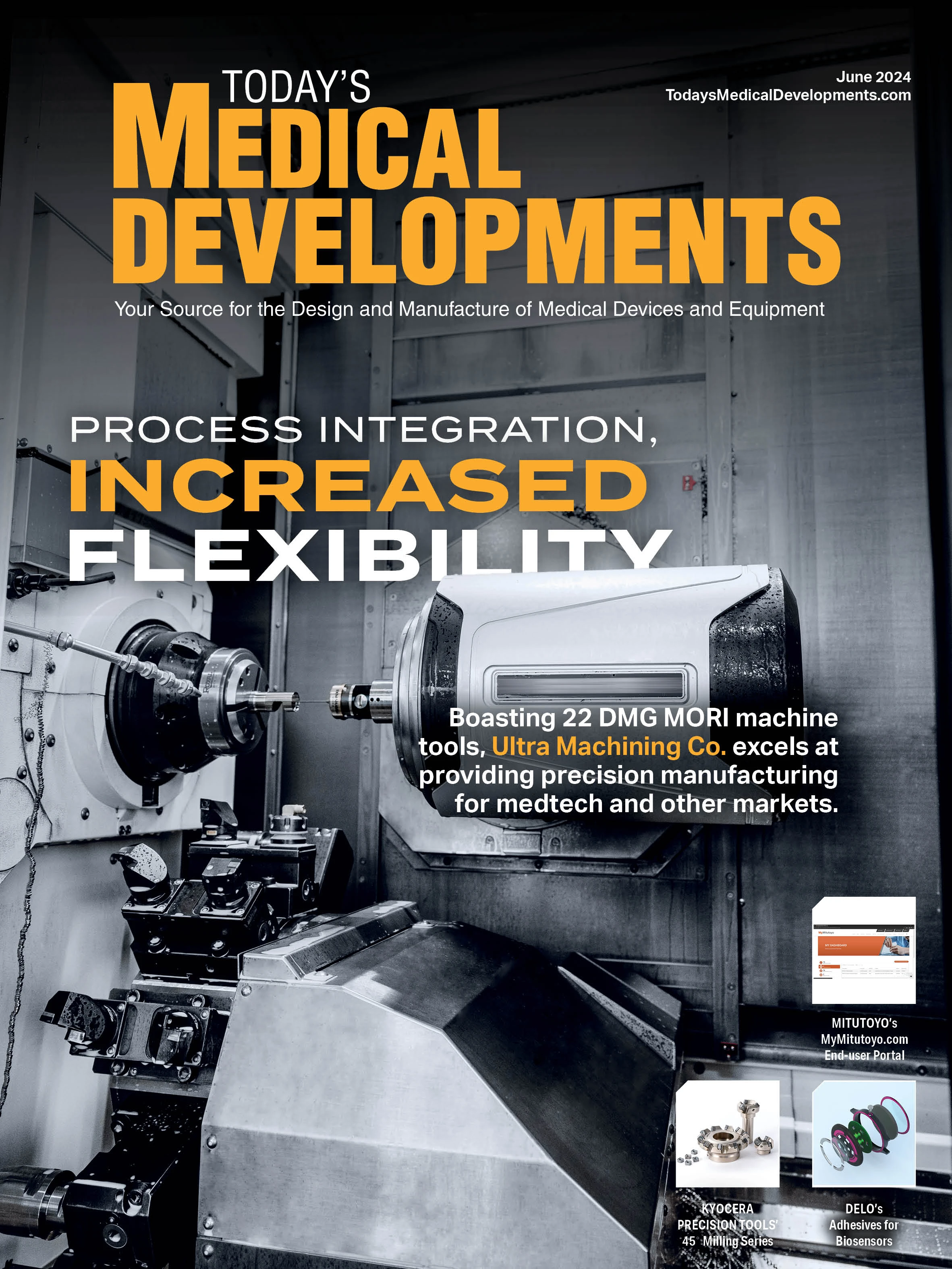
We’ve been doing transactions for quite some time. We can honestly tell you every deal is like a snowflake. To date, no two deals have been the same. That’s simply because the dynamics between every business owner and potential seller is unique. Every seller has a different need and every buyer has their own motives. Below, find a few examples showcasing such difference in transactions; giving you something to think about if you’re thinking of selling.
Case #1: Owner is retiring
After more than 30 years successfully building his company, the owner finds himself without a family member to take over. The decision to sell has been made.
What’s important for this owner is getting his company in the right hands so his legacy continues while his employees are protected (i.e. the company won’t be moved as it’s an important part of the community).
Multiple offers have been made. The winning bidder offered a great price to this owner and growth capital to the company while keeping employees in their original location. The owner retired knowing his company was entering the next stage of growth with a partner who understood what it would take.
Case #2: A partnership in distress in a downward market
Two partners are parting ways. One wants out, the other one wants to stay and run the business. There’s no way for the remaining partner to buy out his partner. Adding to this difficult situation is the company isn’t currently growing as expected as their specific market segment is in a downturn. This company is recognized as a leader in its space. What are the options?
• Borrow the money to buy out the departing partner:
o The pro – You get the funds to buy out the partner
o The bad news – You end up with an expensive loan to carry while trying to weather the market, adding more risk to the company
• Sell the business to a private equity (PE) firm or a strategic industry player
Which option would you choose? The owner chose to sell, which was the right option as the strategic buyer saw the forest through the trees and was willing to help for short-term and long-term growth. The departing partner was bought out. The remaining partner chose to take some money off the table while also choosing to retain equity in the new company, which he’ll continue to run. Additional capital for the growth of the company was also negotiated. Based on the forecast, the remaining partner should obtain a huge payout for his retaining equity stake in a few years. For now, he’s enjoying the cash he’s keeping from the transaction and the ability to drive future growth.
Example #3: No legacy – Trustee straight sale
A company’s owner passed away leaving it with lack of direction and ownership. The trust is looking for a buyer. Since the owner’s passing, the company is still turning profits but no new investments are being made for company growth. The product line is still growing but lacks innovation.
This becomes a pure multiple story. To get a high multiple, it took finding the buyer who wanted to add that portfolio to its platform. This became a strategic deal backed by a PE firm and a high multiple was achieved. The good news is we were able to show the value buying this company would bring to the buyer’s portfolio.
What will your exit story be? Take time to think, plan, stay flexible, and explore the opportunities with a trusted advisor. In the end, you’re in the driver’s seat and (hopefully) retiring in the seat of your dreams.
Cheers to your success!

Explore the June 2024 Issue
Check out more from this issue and find your next story to read.
Latest from Today's Medical Developments
- Arcline to sell Medical Manufacturing Technologies to Perimeter Solutions
- Decline in German machine tool orders bottoming out
- Analysis, trends, and forecasts for the future of additive manufacturing
- BlueForge Alliance Webinar Series Part III: Integrate Nationally, Catalyze Locally
- Robot orders accelerate in Q3
- Pro Shrink TubeChiller makes shrink-fit tool holding safer, easier
- Revolutionizing biocompatibility: The role of amnion in next-generation medical devices
- #56 Lunch + Learn Podcast with Techman Robot + AMET Inc.





